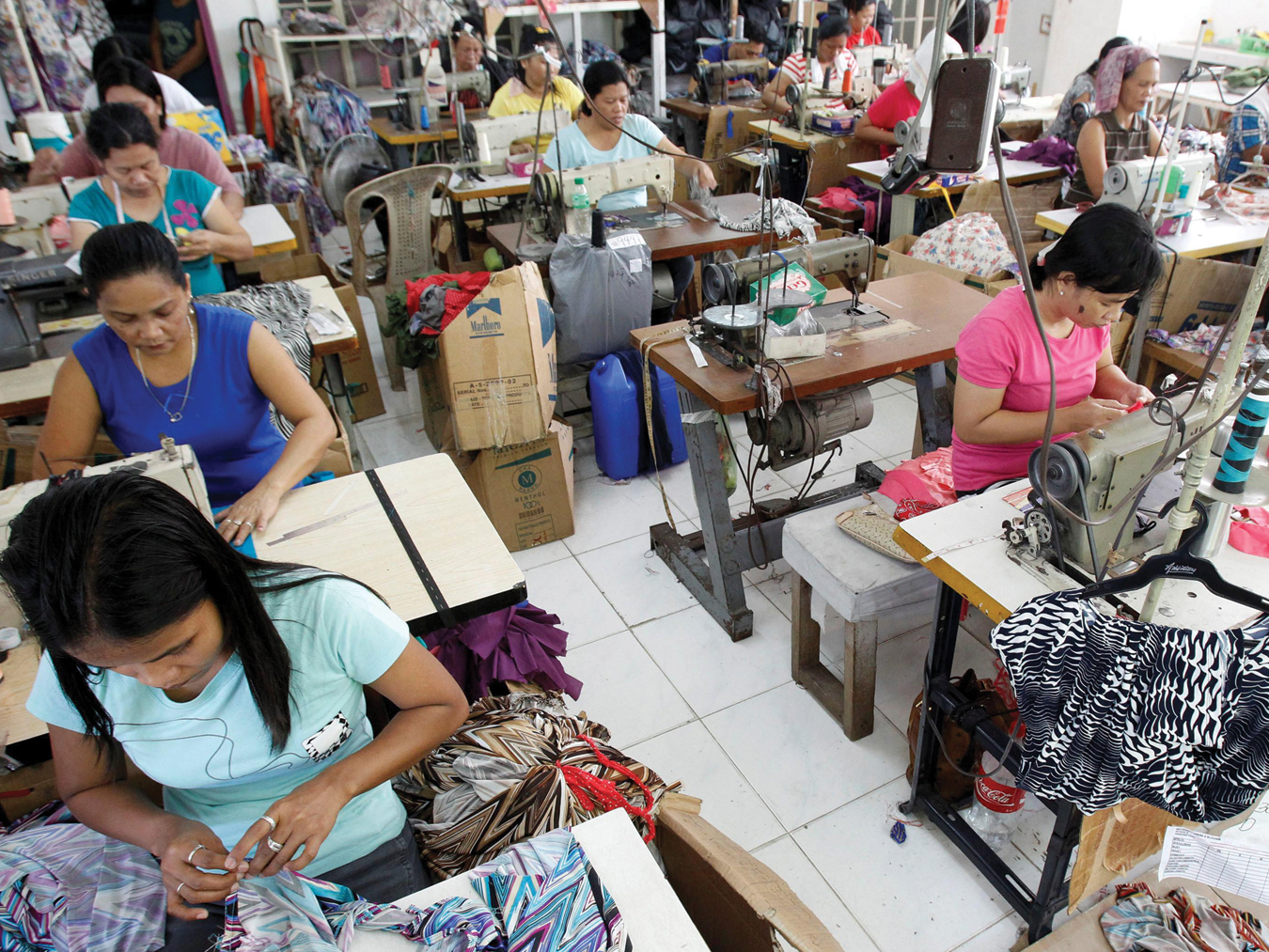The Social Security System (SSS) is ready to shell out up to P1.2 billion to as much as 60,000 of its members who may lose their jobs and apply for unemployment benefits, as a result of the economic impact of the coronavirus disease 2019 (COVID-19) pandemic, the Department of Finance (DOF) said in a statement yesterday.
Carlos Dominguez, DOF secretary, who is concurrent chairman of the Social Security Commission, said he was assured by Aurora Ignacio, SSS president and chief executive officer, the state-run pension fund is prepared to pay unemployment benefits to some 30,000 to 60,000 workers projected to lose their jobs as a result of the possible layoffs in, or closures of, private companies due to the outbreak.
Dominguez said he expects affected workers mostly in the travel, tourism and hospitality industries, and, to some extent, those in the manufacturing sector to apply for the unemployment benefit.
“The estimate of the Department of Labor and Employment is that there will be a drop in employment of 30,000 to 60,000 jobs. This is going to affect mainly the tourism industry, the hotels and airlines. The job displacement will probably last six months,” Dominguez said during his meeting last Wednesday with SSS officials.
“There might be some manufacturing jobs that are going to be affected because of the disruptions in the supply chain. But I just got a message today that imports in China are already picking up,” he added.
The DOF said in response to a query by Dominguez, Edgar Cruz, SSS senior vice president and chief actuary, said the SSS is ready, at the minimum, to provide P660 million for the unemployment benefits of affected SSS members, and up to P1.2 billion under a “worst-case scenario.”
Cruz said with the current cash position of the SSS at P21 billion, it can well afford to pay unemployment benefits.
He said, though, that the projected financial claims for unemployment benefits are just estimates because several factors have to be considered, such as the number of actual job losses; the number of jobless workers who are actually SSS members; the number of SSS members who are qualified to receive unemployment benefits; and their average salary credits.
SSS premium-paying members can avail of unemployment benefits equivalent to a half of their average monthly salary credit for a maximum of two months if they are displaced because of redundancy, installation of labor-saving devices, retrenchment, closure or cessation of operation, and disease or illness.
They should have paid the requisite minimum number of monthly contributions for three years to qualify for this unemployment benefit, 12 of which should have been made in the last 18 months.
The unemployment benefit is one of the landmark provisions of Republic Act (RA) No. 11199 or the Social Security Act of 2018.
During the meeting, Dominguez also asked the SSS to be ready with its business continuity and clean-up plan in all of its branches to ensure the non-interruption of social security services even in the event of a limited operation in its offices or a possible lockdown.
Judy Frances See, SSS executive vice president, said 40 percent of SSS transactions are already done online, with its system prepared to accommodate 100 percent of transactions online by April.
“We continue to register new members, so some shifted to online channels already. As we register new members, we are able to accommodate them online. Some shifted already to mobile. Some are on the learning mode using our E-centers to familiarize themselves in using our electronic channels,” See said.
Cruz said in case of a total lockdown in the main office, SSS can continue to provide pension and salary benefits as it has at least a four-month buffer in terms of liquidity made up of cash and near cash investments, like government securities.
“Even if everything goes down, we will be able to maintain pension benefits and salaries for a little over a month and after that, we will have to start liquidating more liquid assets,” he said.





